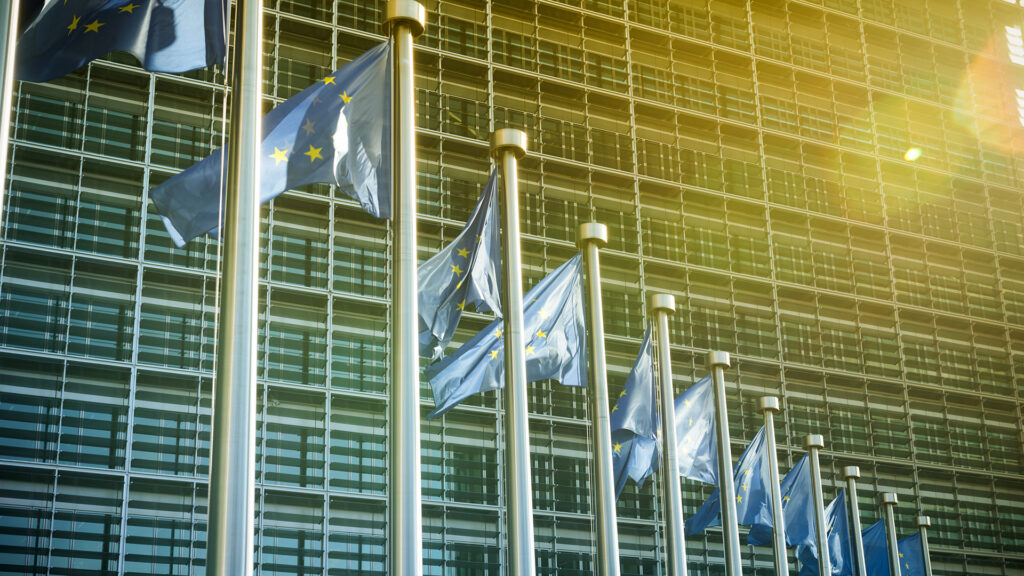
The Potential UK-Australia free trade agreement: reviving old friendships may bring new opportunities
Amidst the unchartered waters of the post-Brexit world, the UK reaches out to old friends and allies to revive old and solid relationships, on new terms this time.
The UK and Australia are geographically remote, yet very close culturally and historically and certainly compatible from an economics perspective. It is therefore no surprise that one of the UK’s first steps towards establishing alliances after the bitter but hopefully civilised divorce with the EU, is the new trade agreement with Australia.
Both the UK and Australia had expressed their willingness for such an agreement in the past, but no firm steps were taken, ostensibly due to the ongoing negotiations between the UK and the EU but also because of the recent Covid-19 outbreak. The matter however became more important and was possibly expedited as a result of the recession that inevitably followed the lockdowns imposed to combat the pandemic. Negotiations for a free trade agreement (FTA) between the UK and Australia were eventually launched on 17 June 2020 and the first round was held between 29 June and 10 July 2020.
The FTA has been described as a ‘win-win’ and rather ambitious deal that would cover a wide range of topics * such as environment, anti-corruption, competition, trade, customs, investment, and many more.
Both sides seem set to benefit from such an agreement, without making costly concessions and have many incentives to do so. Bilateral trade is currently valued at just over AUS$30 billion and may increase by a further $1.46 billion, while Australia is UK’s 11 th largest non-EU trading partner. By contrast, the UK was Australia’s 3rdlargest two-way trading partner in 1973, but now only ranks 12th.
However, there are certain issues of significant complexity that are expected to be heavily negotiated. These include agricultural products, Australian tariffs, visa access for workers particularly in services sectors, barriers to movement of people (Australia will insist on visas) and capital, customs procedures etc.
It is worth noting that there have been protectionist stances from key UK businesses and stakeholders in response to the negotiations. In particular, the UK National Farmers Union have expressed concern that a free trade agreement could see Australian farmers undercut the British industry because of differing food and product standards, specifically on the use of chemical and pesticide use, which could allow Australian farmers to produce the product at a lower cost.
UK businesses have requested the UK government to negotiate reductions on tariffs for agricultural products such as grain, or their removal for products such as raw cane sugar and wine. In response, the UK government is setting up the new Trade and Agriculture Commission which would recommend ” policies that the government should adopt in free-trade agreements to ensure UK farmers do not face unfair competition, and that their high animal welfare and production standards are not undermined“. This will give UK farmers a platform over free trade agreements with Australia and other countries.
On the other hand, the Australian government is aiming to secure the elimination of tariffs for all goods and establish mechanisms that address non-tariff barriers to trade between Australia and the UK. This would be particularly important for Australia’s grain industry, which has been impacted quite significantly (and adversely) this year with China’s tariffs on Australian Barley. Despite the widespread and comprehensive areas in which both countries would like the free trade agreement to cover, Australian Grain Grower’s chair Brett Hosking did caution on what to expect as regards benefit to Australia’s grains sector, given the UK was typically a net exporter of grain as well. Only time will tell and although the government is currently accepting submissions from stakeholders, the Australian grain industry has not submitted a paper yet.
Further, the implications of Brexit in the context of the negotiated FTA may also create broader difficulties and these have been debated in Australia – e.g. will the UK treat EU countries more favourably, contrary to its WTO obligations? Also there are questions regarding UK’s support to domestic farmers, until now largely protected by EU policies, or UK’s position towards Ireland.
Nevertheless, striking a deal – and fairly soon – seems likely at the moment. On 16 June 2020, Australia’s trade minister Simon Birmingham commented that the aim is to conclude the agreement within ” record time“, and in particular by the end of 2020, while on 17 June, the Australian high commissioner commented that the FTA is a “top priority” for Canberra and could be agreed “fairly soon“. Both sides seem confident that this could be achieved, although initially there were concerns that any bilateral trade agreements might hinge on EU – UK negotiations and could not be introduced until 2022.
Overall, the FTA seems a sensible deal which both countries want, albeit for different reasons. The effects of the FTA may not eventually be as profound as suggested by its architects, but the deal could certainly improve subsisting pain points. In any event, it is hard to argue against an agreement aspiring to bring closer two countries with liberalised economies and strong cultural ties, especially in this highly competitive world of ours, with the challenges of globalised trade laying ahead and many unknown risks looming.
*More specifically, it appears that the FTA will cover:
- Anti-Corruption and Transparency
- Competition
- Cross-cutting general provisions
- Customs
- Digital/e-commerce
- Environnent
- Financial Services
- Trade in Goods and Trade Remedies
- Good Regulatory Practice
- Intellectual Property
- Investment
- Labour
- Procurement
- Rules of Origin
- Services, including Movement of Natural Persons and Professional Business Services
- Small and Medium-sized Enterprises
- State Owned Enterprises
- Sanitary and Phytosanitary Measures
- State to State Dispute Settlement
- Technical Barriers to Trade
- Telecommunications
For further information, please contact the authors of this briefing;
Brian Perrott
Partner
T +44 (0)20 7264 8184
E brian.perrott@hfw.com
Stephen Thompson
Partner
T +61 (0)2 9320 4646
E stephen.thompson@hfw.com
Research conducted by trainee Nikias Papageorgiou
Download a PDF version of ‘The Potential UK-Australia free trade agreement: reviving old friendships may bring new opportunities’











